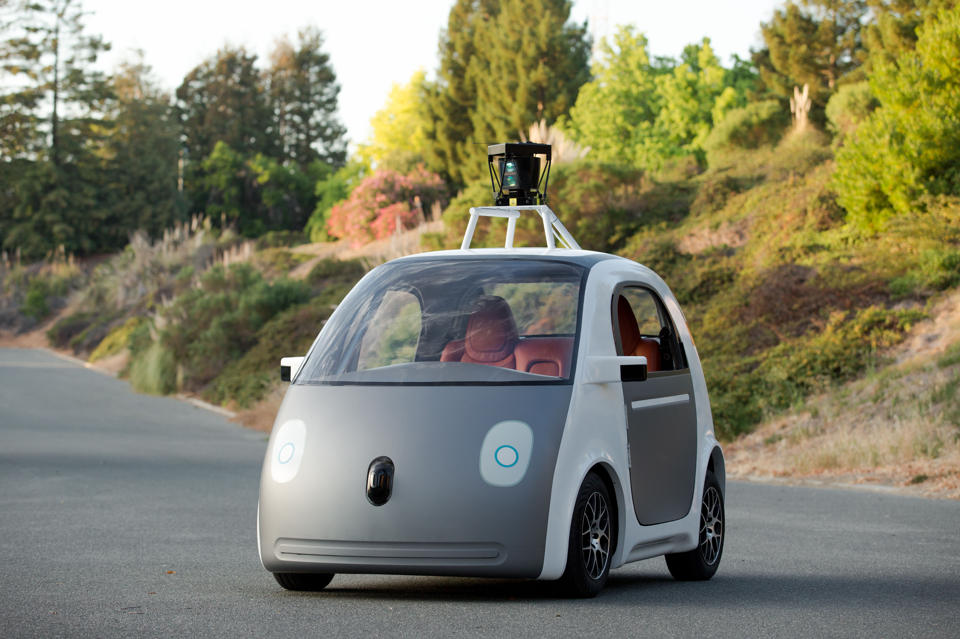Cars and Drivers
Will Self-Driving Cars Make the Roads More or Less Congested?
Published:
Last Updated:

One issue is whether the introduction of self-driving cars will lead to more cars on the roads. The argument goes that people who are currently unable, unwilling or prohibited from driving will become users of self-driving vehicles, and that will increased demand for vehicles and lead to increased traffic volume and congestion. Sounds plausible enough, but there is at least an equal chance that self-driving cars could lead to fewer vehicles on the road and less congestion.
Researchers Brandon Schoettle and Michael Sivak at the University of Michigan Transportation Research Institute have used data collected by the Federal Highway Administration (FHWA) to try to figure out how self-driving cars may reduce congestion. The FHWA surveys households that keep a comprehensive log of each trip that a person in the household makes with the exact starting and ending times of each trip. The researchers examined the start and stop times to “determine the extent of trip overlap within each household.” Here is a possible scenario, using a self-driving car with so-called return-to-home mode:
The researchers found that in nearly 84% of households there were no overlapping trips. In about 15% of households, there were two drivers with overlapping trips that created a conflict requiring two cars to solve. Conflicts requiring three or more cars occurred in less than 2% of households.
ALSO READ: Why Tesla Is Not a Takeover Target
The number of vehicles required to meet daily household requirements could be reduced by 43% if a self-driving car were available. Real-world experience may differ because, as the researchers noted, “The results we presented in this analysis are strictly an upper-bound approximation of the maximum possible effects.”
Even so, the U.S. auto fleet could very likely shrink, and that is not altogether good news for automakers. The good news for carmakers is that the self-driving cars would be used more and, therefore, would need to be replaced more often. According to the researchers, instead of the current average vehicle age of around 11.4 years, self-driving cars would last about 6.5 years. That serves two purposes: it keeps the carmakers busy and it provides new — and presumably better and safer — self-driving vehicle technology more often.
Credit card companies are handing out rewards and benefits to win the best customers. A good cash back card can be worth thousands of dollars a year in free money, not to mention other perks like travel, insurance, and access to fancy lounges. See our top picks for the best credit cards today. You won’t want to miss some of these offers.
Flywheel Publishing has partnered with CardRatings for our coverage of credit card products. Flywheel Publishing and CardRatings may receive a commission from card issuers.
Thank you for reading! Have some feedback for us?
Contact the 24/7 Wall St. editorial team.